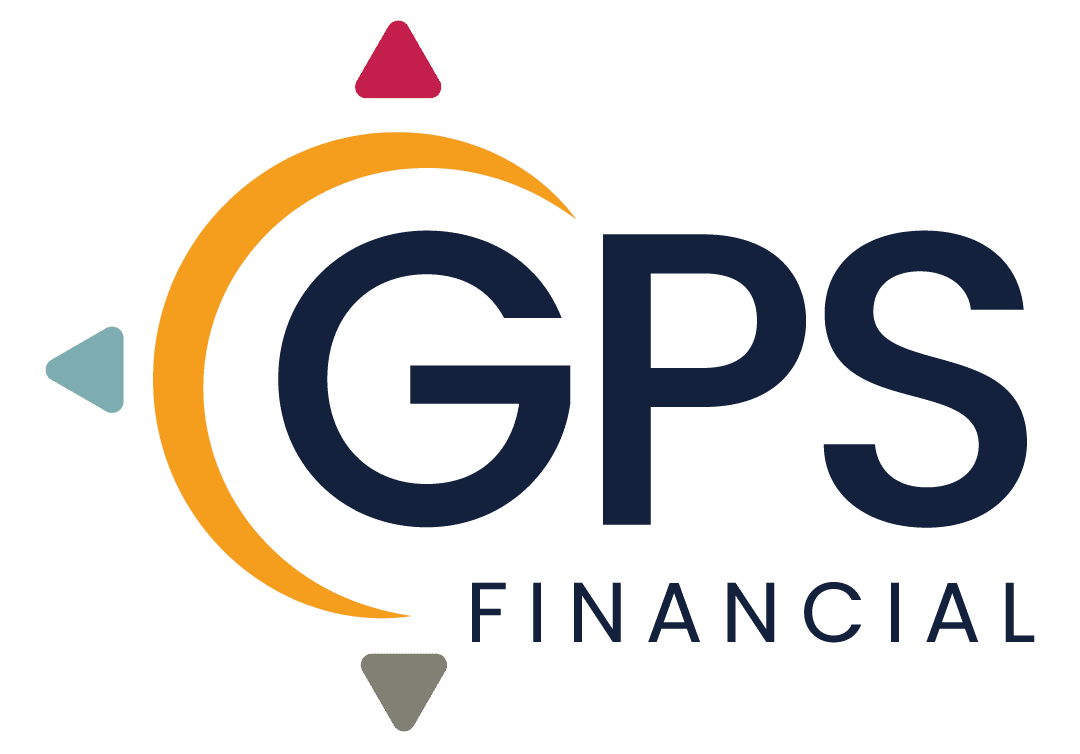Remortgages – how to get a new mortgage deal
- Industry leading property finance specialists
- Expert brokers with decades of experience
- Access to the top lenders to get the best value
Get in touch for a free, no-obligation chat with an adviser about how we might be able to help.
Home » Remortgages – how to get a new mortgage deal
There are various times when you might look to remortgage your property. We explain the top reasons to remortgage and how to find the most appropriate deal.
What is remortgaging?
Remortgaging is finding and applying for a new mortgage deal. Usually a remortgage is with a new lender. If you stay with your current mortgage provider and get a different deal, this is a ‘Product Transfer.’
If you would like to learn more, check out our full article discussing what is remortgaging and mortgage refinancing.
When is it a good time to remortgage?
Typically, most people remortgage because one or more of the following situations apply:
- Their current deal is ending – such as a fixed rate mortgage term or a discounted variable rate.
- Interest rates are going up – remortgage to a fixed rate to keep your monthly repayments down.
- Interest rates have fallen – remortgaging will reduce your payments.
- Switching from interest-only to a repayment mortgage, or the other way around.
- The value of your home has increased so you have a better loan-to-value ratio. That could mean lower rates of interest.
- To borrow more – to pay off debts, fund home improvements or purchase another property.
- To pay off a lump sum of your mortgage or start overpaying. Not all mortgage deals allow this.
- To gain a more flexible mortgage product.
When is remortgaging not a good idea?
There are certain times when it’s best not to remortgage, such as where:
Your financial situation has changed
If your income has reduced or you have very recently changed jobs or become self-employed, you may not be able to get the borrowing you need.
Your mortgage has a high early repayment charge
Ending a mortgage deal early can often incur an Early Repayment Charge of up to 5% of your mortgage balance. Seek advice on whether a fee is worth paying to get a better deal.
You don’t have much left to repay
Changing deals will have little effect on your payments if your mortgage debt is small. You could use your equity to borrow more, however.
Equity issues
If your property value has fallen or you have a high loan-to-value ratio, you’re less likely to get competitive rates.
You’re on a good rate
If you have a low interest rate on your current mortgage, it could be better to stay on your current deal.
What happens if I don’t remortgage after my deal expires?
We recommend that you get ready to switch mortgages a few months before your fixed rate mortgage term ends. Most fixed deals last two, three or five years, after which you move to the lender’s standard variable rate. That rate is usually very expensive and will increase your monthly payments.
Applying for a product transfer is also an option. It should keep costs down – although there may be a product fee. The lender won’t need to check affordability, so the process is faster and simpler.
How do I improve my chances of getting a good remortgage?
Provided your income and credit score haven’t reduced, getting a good remortgage should be straightforward.
The main thing is to allow a few weeks to compare the options before you apply for a remortgage. It helps to get all the relevant documents together including valid photo ID, recent bank statements, payslips, utility bills and your P60. Check your credit history too in case there are any surprises.
If you’re self-employed it’s a good idea to gather up to three years’ accounts and tax self assessment records but we can work with only one year.
What remortgage options are available?
Usually you can choose from the same mortgage products at remortgage as you can when buying a property: fixed rate deals, variable rate offers, offset mortgages etc.
If you’re unhappy with your existing mortgage deal, talk to an adviser – we can explore what doesn’t work for you and make sure we address that with your next mortgage.
What fees are associated with a remortgage?
Mortgage lenders will often require an Arrangement Fee, which is either a fixed sum or a percentage of the total loan. You could pay this upfront or add the total to your mortgage loan.
Some lenders include free valuations and legal fees, while others won’t. Generally, products with higher fees and fewer incentives have more competitive rates. It can be tricky to compare all the different factors so we will recommend products that are the most suitable and competitive.
How can a mortgage broker help if I need to remortgage?
Working with a broker like GPS is the fastest and easiest way to find a suitable remortgage. We compare high street lenders and specialists to find a competitive deal that meets your needs. We can also help with protection products like life insurance.
We’re registered in England and fully authorised and regulated by the Financial Conduct Authority, so contact our registered office today for an initial chat, free of charge.
Useful Links
- About Us
- Bridging Loans
- 100% LTV Bridging Loans
- Auction Bridging Finance
- Bridging Loan Locations
- Bridging Loan for Property Development
- Bridging Loan Property Purchase
- Bridging For Refurbishment
- Commercial Bridging Loans
- Regulated Bridging Loan
- Quick Bridging Loans
- Buy-to-Let Mortgages
- Expat Mortgage Broker
- HMO Mortgages
- Mortgages for Expats and Foreign Nationals
- Limited Company Buy-to-Let
- Self-Build Mortgages
- Short Term Lets
- Specialist Mortgages
- Contact Us
Why GPS Financial?






